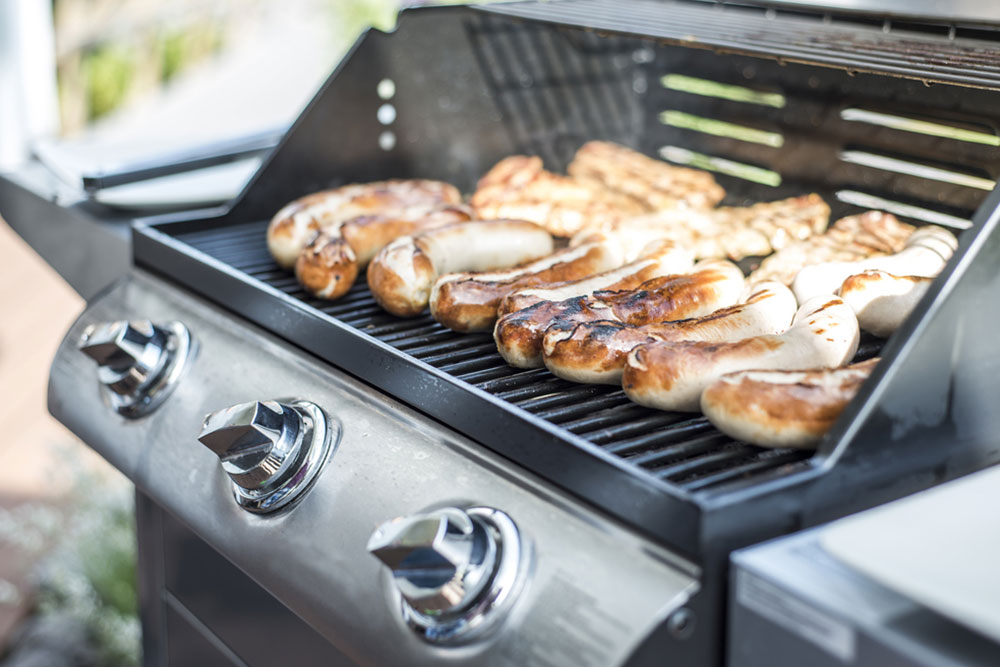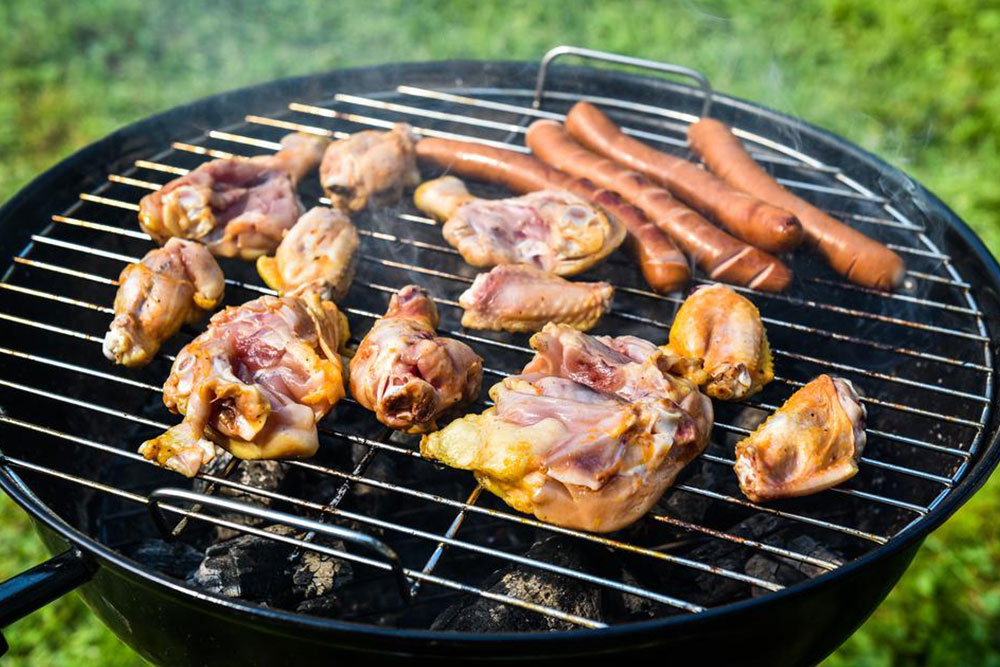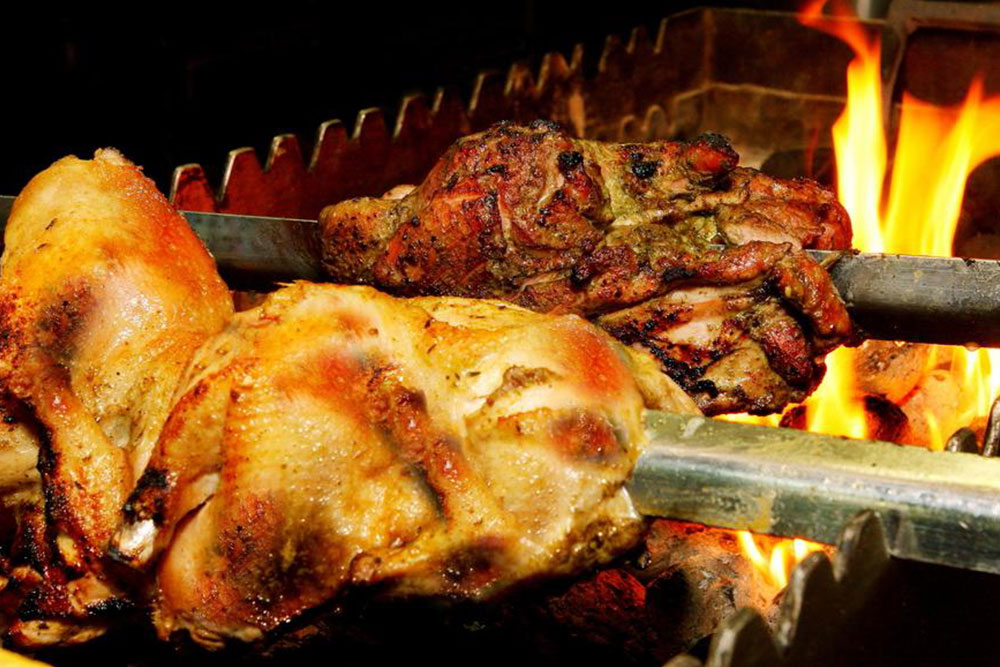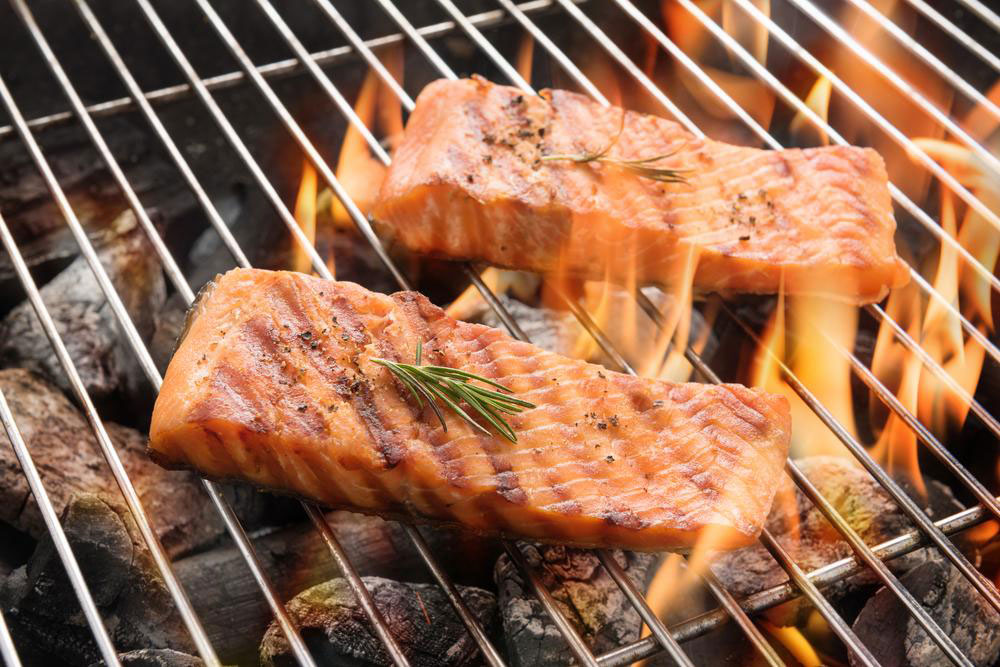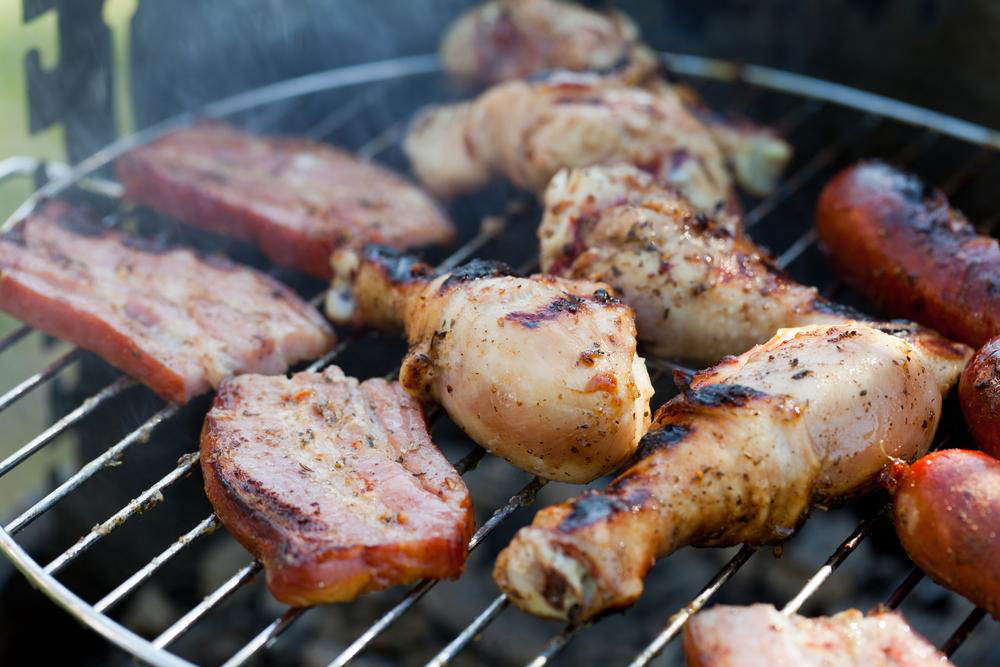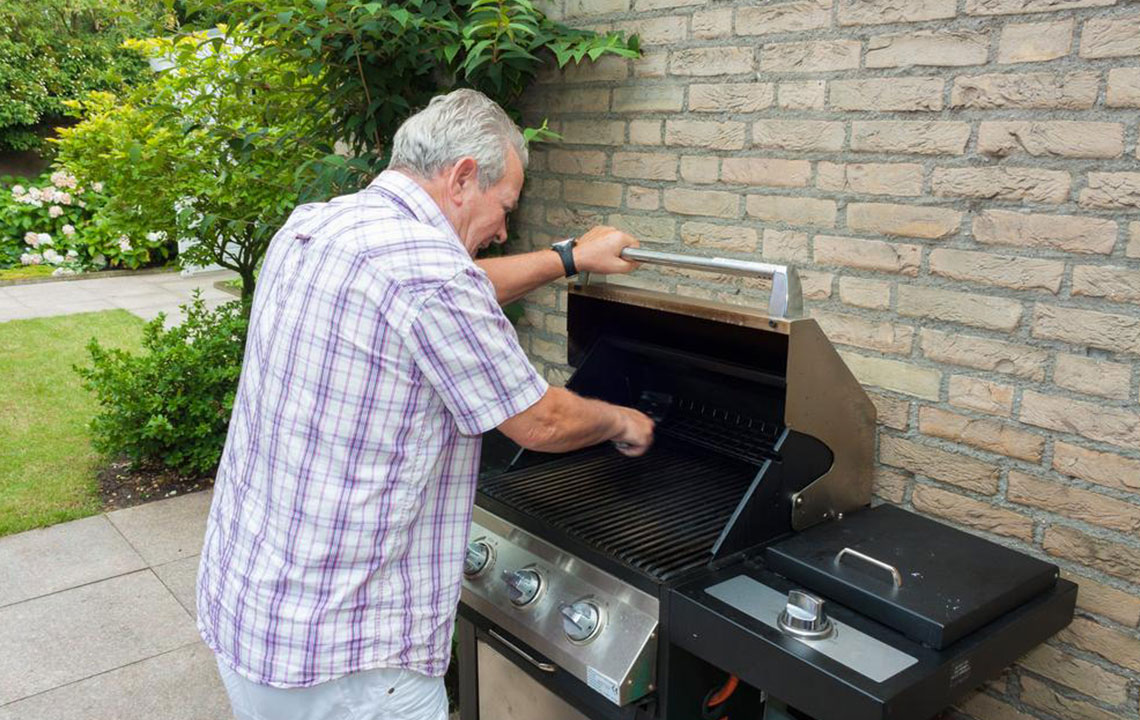Top 10 Strategies for Mastering Gas Grill Cooking
Discover essential tips to improve your gas grill experience, from cleaning and preparation to managing flare-ups and exploring new recipes. Elevate your outdoor cooking skills with practical advice to produce flavorful, perfectly cooked meals every time.
Sponsored
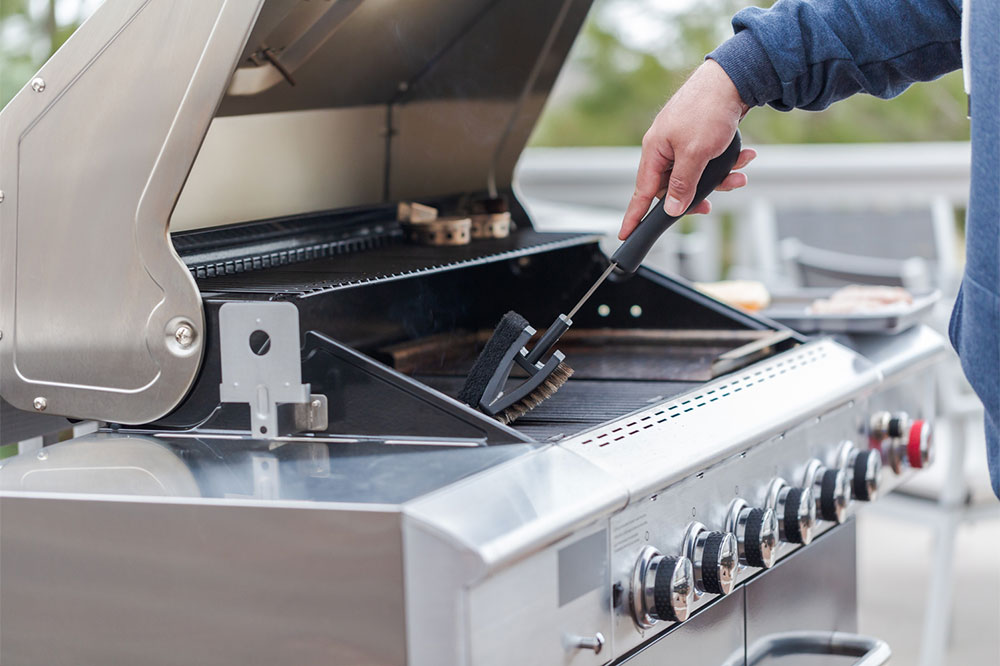
Hosting an outdoor gathering is never complete without a well-maintained grill. Whether you're relaxing with friends, sharing stories, or preparing delicious meats and vegetables, mastering gas grill techniques can elevate your grilling game. Think of grilling as an art form—beyond basic rules, your skill and creativity influence the outcome. Understanding the key aspects of gas grill cooking helps prevent surprises and ensures flavorful results every time.
Clean Your Grill Regularly
A clean grill reduces flare-ups and smoke, preventing burnt flavors and keeping your food tasting great. To remove leftover grease and food bits, heat the grill to high for 10–15 minutes and scrub with a grill brush. This helps maintain a tidy cooking surface and prolongs your grill's lifespan.
Prepare Your Grill Before Cooking
Pre-season your grill by cleaning the grates thoroughly. For older grills, preheat and scrape away dust. Spray the cold grates with a high-heat cooking spray, then heat medium for about 15 minutes. Some grates with porcelain coatings may not require seasoning. Regularly prepping your grill prevents rust and enhances performance.
Manage Flame Flare-ups
Flare-ups are common but manageable. Keep some space on the grill to move food away from flames if needed. When flare-ups occur, shift food away, leave the cover open to let flames burn themselves out, or remove everything and allow grease to burn out. Proper control ensures safety and consistent results.
Rotate Food Throughout Grilling
Moving food around the grill is vital, especially for fats and marinades that might cause flare-ups. Adjust your food placement as needed to prevent burning and promote even cooking. This technique is key to producing perfectly grilled dishes.
Always Have Extra Fuel
Running out of propane mid-grill is inconvenient. Always keep a spare tank nearby to avoid interruptions. Ensuring ample fuel supplies guarantees your barbecue is completed without delays.
Lower Heat for Sugary Foods
Sauces and rubs with sugar can quickly burn, leaving a bitter taste. Cook delicate items like ribs and glazed chicken at temperatures below 265°F (130°C). This slow-and-low approach produces tender, flavorful results without charring.
Prioritize Food Safety
Use separate plates for raw and cooked meats to avoid cross-contamination. Utilize a meat thermometer to verify proteins reach safe internal temperatures. Maintaining cleanliness during grilling keeps food safe and hygienic.
Lubricate Your Grill
Prevent sticking by applying a light spray of oil or butter to the grill grates before cooking. Avoid lingering oil on the surface, especially if the meat contains oil itself. Proper lubrication ensures easy cleanup and better grill marks.
Defrost Food Before Grilling
Thaw frozen ingredients thoroughly by leaving them at room temperature for 15–20 minutes. Properly defrosted food cooks more evenly and develops better flavor, making your grill session more successful.
Explore Creative Recipes
Broaden your grilling menu with innovative ideas. Besides steaks and burgers, try grilling pizzas, vegetables, or even fruit. Experimenting with different recipes adds excitement and variety to your outdoor cooking.

